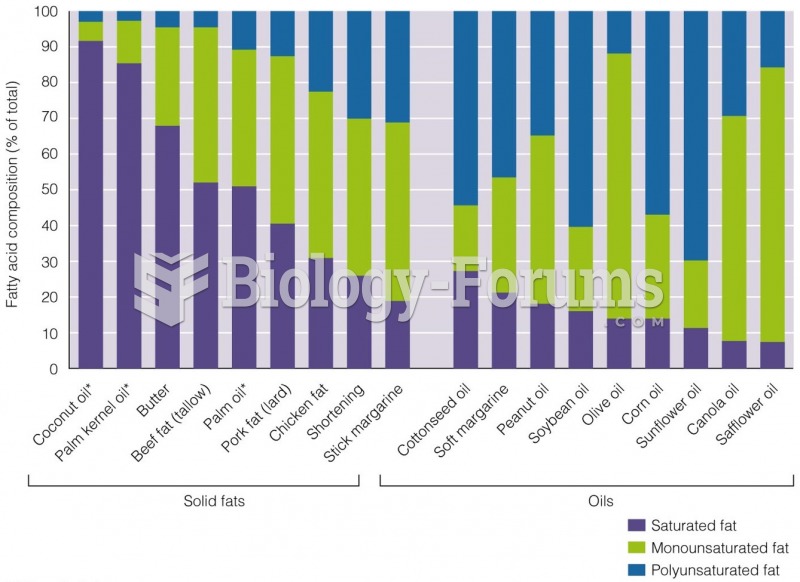This topic contains a solution. Click here to go to the answer
|
|
|
Did you know?
Colchicine is a highly poisonous alkaloid originally extracted from a type of saffron plant that is used mainly to treat gout.
Did you know?
The longest a person has survived after a heart transplant is 24 years.
Did you know?
Studies show that systolic blood pressure can be significantly lowered by taking statins. In fact, the higher the patient's baseline blood pressure, the greater the effect of statins on his or her blood pressure.
Did you know?
Pubic lice (crabs) are usually spread through sexual contact. You cannot catch them by using a public toilet.
Did you know?
Drying your hands with a paper towel will reduce the bacterial count on your hands by 45–60%.
 Photosynthetic thylakoid membranes and numerous gas vesicles found in a cell of the cyanobacterial g
Photosynthetic thylakoid membranes and numerous gas vesicles found in a cell of the cyanobacterial g
 The yellow-winged darter, Sympetrum flaveolum, is a dragonfly found in Europe and mid and Northern C
The yellow-winged darter, Sympetrum flaveolum, is a dragonfly found in Europe and mid and Northern C
 Campylobacter bacteria are found in most chicken meat. If chicken meat is not well cooked or raw mea
Campylobacter bacteria are found in most chicken meat. If chicken meat is not well cooked or raw mea
 The recent mass upheavals in Tunisia, Egypt, Libya, Yemen, and Syria gave political scientists a cha
The recent mass upheavals in Tunisia, Egypt, Libya, Yemen, and Syria gave political scientists a cha



